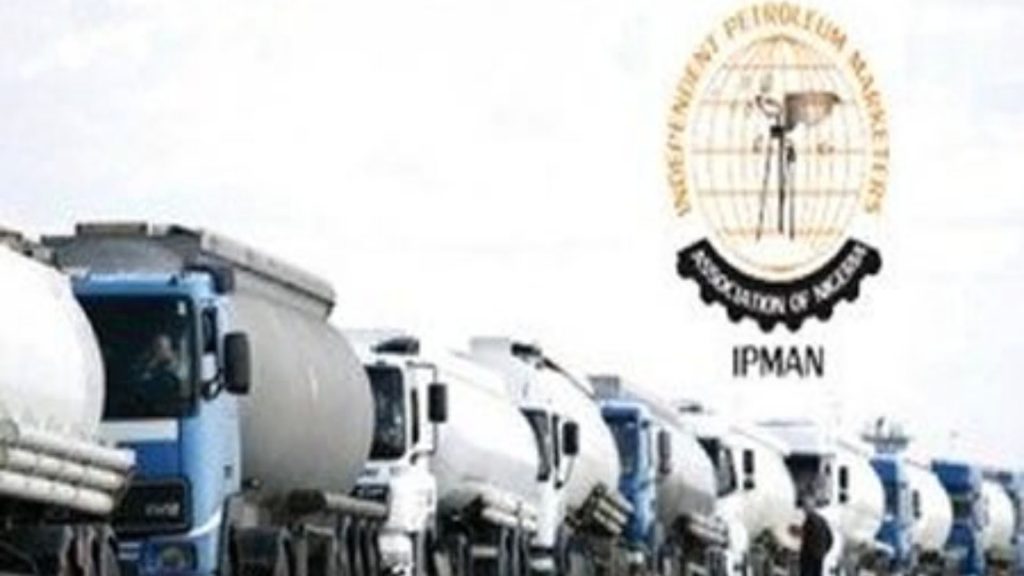The much-anticipated rollout of Dangote Refinery’s nationwide fuel and diesel distribution plan, initially set for August 15, 2025, has been delayed due to logistical preparations involving truck numbering, according to Nigerian petroleum industry officials. The $2.3 billion initiative, expected to distribute products from the 650,000-barrel-per-day facility, aims to curb fuel costs by overhauling delivery systems but faces pushback from groups fearing widespread unemployment in the sector.
Abubakar Maigandi, National President of the Independent Petroleum Marketers Association of Nigeria (IPMAN), confirmed the holdup in an interview with Media Talk Africa, explaining that the refinery is finalizing the organization of its fleet. “I spoke with the management; they’re numbering the trucks now. Once completed, the direct-to-customer scheme will begin within a week,” he stated. The refinery’s strategy, projected to cost ₦1.07 trillion (approximately $846 million) annually, shifts logistics responsibilities away from third-party marketers, which Maigandi argues will reduce pump prices. “Petroleum marketers won’t shoulder transportation expenses anymore, which should lower costs for consumers,” he added.
Dangote Refinery recently took delivery of ₦720 billion ($570 million) worth of compressed natural gas (CNG) trucks to support the distribution network, signaling progress toward the delayed launch. The facility, one of Africa’s largest refineries, has positioned itself as a critical player in easing Nigeria’s reliance on imported fuel.
However, industry stakeholders remain divided. The Natural Oil and Gas Suppliers Association (NOGASA) and the Petroleum Products Retail Outlet Owners Association (PETROAN) have criticized the plan, warning it could trigger massive job losses among traditional distributors and transporters. “This model disrupts existing supply chains,” a NOGASA representative argued anonymously, acknowledging concerns about logistical monopolization.
Economists highlight the potential trade-offs: while streamlined distribution may lower consumer prices in a nation grappling with inflation, the displacement of smaller operators risks exacerbating unemployment in a sector supporting millions. The refinery’s management has yet to publicly address the criticism or confirm the revised timeline for the scheme’s launch.
The delay underscores broader challenges in modernizing Nigeria’s energy infrastructure. With fuel subsidies recently phased out, the government has prioritized reducing import dependency and stabilizing prices. Dangote Refinery’s success or stumbles could set a precedent for similar large-scale projects across the continent. As stakeholders await further updates, the balancing act between economic efficiency and labor market stability remains at the heart of the debate.
